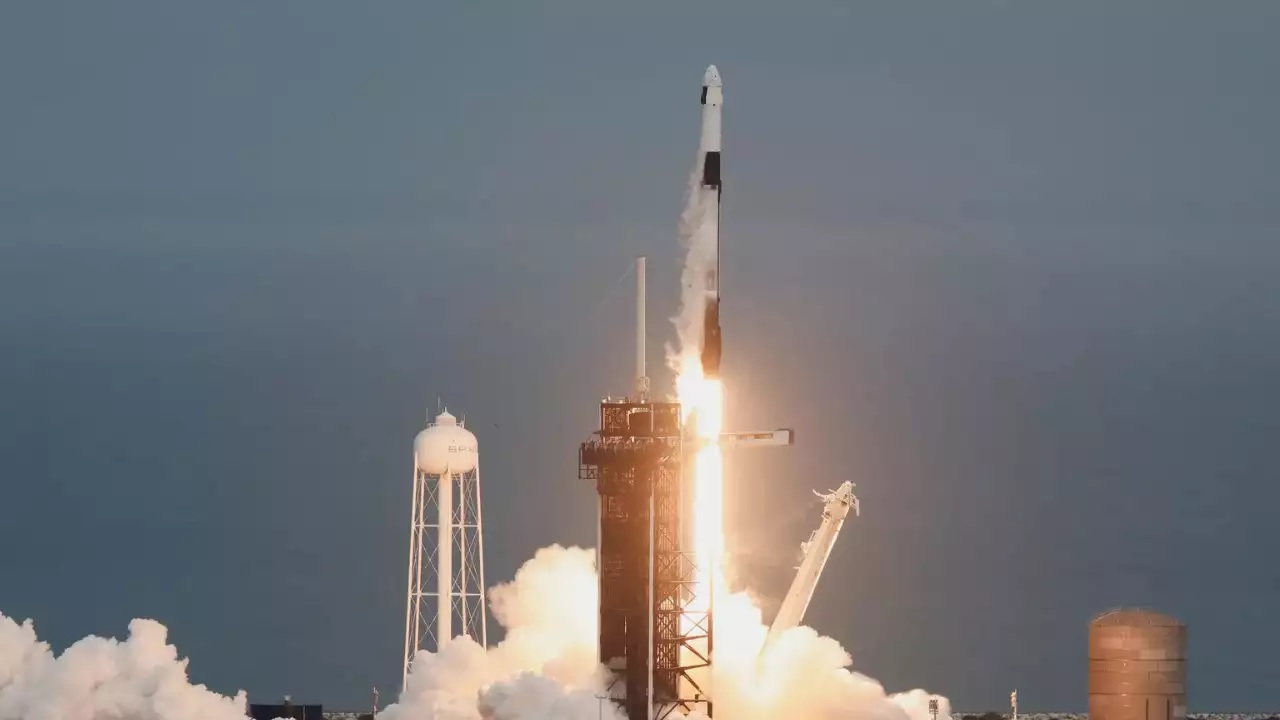Chinese Company iSpace Faces Another Launch Setback with Hyperbola-1 Rocket ,Suffers 4th Launch Failure in 7 Tries

On July 10, the Chinese private space company iSpace experienced its fourth launch failure out of seven attempts, continuing a challenging streak in their space endeavors. The latest incident involved the Hyperbola-1 rocket, which lifted off from the Jiuquan Satellite Launch Center in the Gobi Desert at 7:40 p.m. EDT. Despite a promising start, with the first three stages of the rocket performing as expected, the fourth stage encountered issues, leading to the mission's failure.
iSpace, officially known as Beijing Interstellar Glory Space Technology Co., Ltd., has had a fluctuating track record since the Hyperbola-1's maiden flight in July 2019. That initial launch was a success, marking a significant milestone for the company. However, the following years brought more challenges than triumphs. After the successful debut, the next three missions in February 2021, August 2021, and May 2022 all ended in failure, casting doubt on the reliability of the Hyperbola-1 rocket.
In April 2023, iSpace saw a glimmer of hope when a Hyperbola-1 rocket successfully completed a flight, although it carried no payloads. This success was followed by another achievement in December 2023, when the rocket delivered a returnable test satellite called Di'er-1 (DEAR-1) to orbit. However, the most recent failure has once again brought the company's launch success rate to below 50%, highlighting the unpredictable nature of space exploration.
The competition in the private space sector is fierce, with companies around the world pushing the boundaries of technology and innovation. iSpace's setbacks are not unique; the past few weeks have seen several rockets from different companies encountering difficulties. This underscores the inherent risks and complexities of space missions, where even the smallest malfunction can lead to significant setbacks.
Despite these challenges, iSpace remains committed to its goals. The company has stated that a detailed investigation and review will be conducted to determine the specific reasons behind the latest failure. Transparency in addressing these issues is crucial for maintaining credibility and trust within the industry and with potential clients.
Comparisons are often drawn between iSpace and the Japanese company ispace, which focuses on building robotic moon landers. While the names might be similar, their missions and challenges are distinct. Both companies illustrate the broader narrative of new players in the space race striving to make their mark amid a backdrop of successes and setbacks.
As iSpace continues to analyze and learn from its recent failures, the journey towards reliable and successful space launches remains a work in progress. The resilience and adaptability of these companies are vital as they navigate the complexities of space exploration, contributing to the broader goal of expanding humanity's reach beyond Earth.


